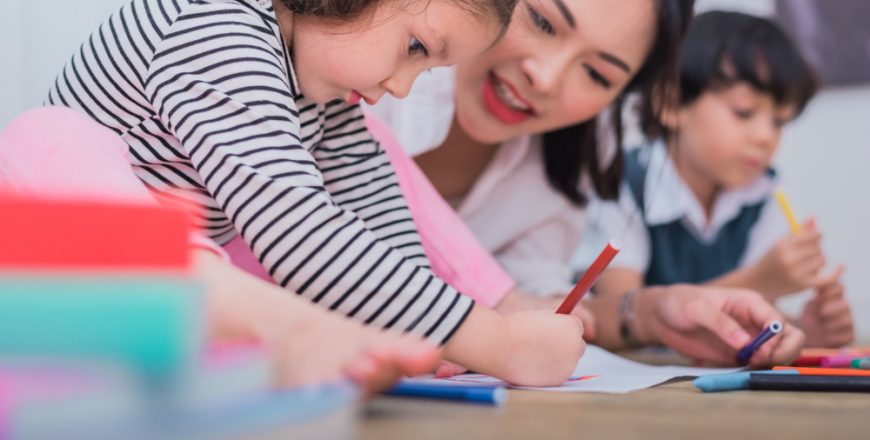
On a children, young people and families practitioner apprenticeship course, you’ll help achieve positive and sustainable change in the lives of the people in their care.
You must deeply desire to care for and about children, adolescents, and families to impact positive and long-term change in their lives.
As part of the children, young people, and families practitioner apprenticeship, you will gain skills in recognising and assessing the complex needs that children, young people, and families often present and agreeing with individuals concerned about specific treatments or referrals.
You will develop a respectfully inquiring approach that promotes and challenges children, adolescents, and families to achieve their full potential while being safe.
Each piece of work with a child or family will be unique, and you will utilise your discretion to lead your practice using a range of evidence-based techniques.
What you’ll learn
On a children, young people and families practitioner apprenticeship course, you’ll learn to:
- Communicate so that the child, teenager, or family members may be heard.
- Encourage individuals to engage in positive interactions with their community and relevant agencies, as well as actively participate in delivering their care and support.
- Respect, equality, diversity, and inclusion are all aggressively encouraged.
- Work with children, young people, and families to keep them safe and manage risk and encourage the development of skills that families need to manage risk successfully.
- Respond to security problems in cooperation with and with the help of other specialists.
- Determine the impact on the individual and family and helps them in making informed choices.
- Lead the development and recording of comprehensive plans, therapy administration and effectiveness assessment.
- Identify and address resource access barriers
- Identify and maintain evidence-based approaches, as well as evaluates their effectiveness.
- Contribute to developing a strong, consistent, and persistent practice strategy.
- Display goal clarity, clear expectations, and a professional decision-making approach.
- Appropriately challenge and/or offers alternative perspectives to children, youth, or families.
- Contribute to one’s professional development
- Promote positive outcomes for children, youth, and families, knowledge of legal, economic, and social justice systems is utilised, and policy frameworks are implemented.
- Show critical practice evaluation and insight into one’s own emotions, behaviour, and sentiments, and use these insights to drive one’s practice.
- Actively participate in continuous professional development.
Entry requirements
You’ll usually need:
- 4 or 5 GCSEs at grades 9 to 4 (A* to C) and A levels, or equivalent, for a higher apprenticeship.
- Apprentices without level 2 English and maths will need to achieve this before taking the end-point assessment.
Assessment methods
The End Point Assessment comprises two distinct assessment methods:
- Observation of practice
- Competence interview
Duration, level, subjects and potential salary upon completion
- Duration: 24 months
-
Level: 4 – Higher Apprenticeship
- Relevant school subjects: English
- Potential salary upon completion: £25,000 per annum
Apprenticeship standard
More information about the Level 4 Children, Young People and Families Practitioner Apprenticeship standard can be found here.
Apprenticeship end point assessment
For more information about the End Point Assessment Process, please read the Institute of Apprenticeships’ information page.
